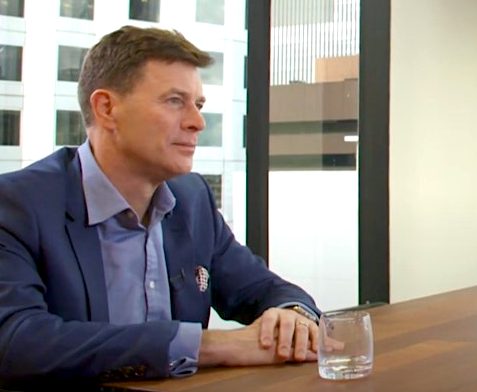M&A and capital raising session - part of QuantumTX
Brett Saville
The session, delivered by Atomic Sky Affiliate Brett Saville also included a presentation from Claire Bristow from Skalata Ventures.
In the morning, Brett Savill's session covered some of the basics of raising capital, including identifying how to value your company and how to attract the right investor for your business at the current stage in its lifecycle. Whilst the ecosystem in Australia is still behind Europe and the US in terms of total funding per GDP and the number of startups per head of population, it has matured considerably over the past five years. Every capital city has at least one Angel Investors' group from national organisations such as Innovation Bay to local groups such at Perth Angels. Venture Capital has expanded rapidly, notably from 2016-2020, and there has also been a long term growth in in private equity and the involvement of family offices. Finally, large corporations are increasingly looking to invest in innovative startups and small/medium enterprises. Nevertheless, the advent of COVID plus the rise in inflation and slow down in the global economy has made capital raising more difficult. Stock market valuations are down and Venture Capital funding has dropped by 5x since January 2022.
These headwinds make it all the more important for companies to treat their current and potential investors with the same care as the customers for their goods and services.
A capital raising strategy should include a simple pitch; a hit list of investors you wish to approach; an investor newsletter to keep them informed; preliminary documentation e.g. a cap table & target raise, potentially a SAFE. In the background, founders should pull together the necessary corporate documentation that is required for a more formal due diligence i.e. accounting and tax statements, supplier and distributor agreements, patents, employee contract and a business plan. From there, it is a question making sure the founder takes the time to contact the target list and keep them informed of progress.
In the afternoon, Melbourne-based Skalata Ventures discussed how it helps remarkable founders build the foundations of leading companies.
Skalata provides capital of up to $1m into early-stage companies (currently up to $200k initially). To date, they have supported more than 50 companies in their portfolio. Moreover, the current fund is not yet fully deployed so it is continuing to invest. Skalata does not have a sector focus but its board and venture partners are entrepreneurs and operators themselves. This means founders get practical guidance from a dedicated, full-time venture partner who has built and exited their own high-growth company.
‘What makes us different,’ says Claire Bristow, ‘is our commitment to working closely with founders to realize the full potential in their businesses. This includes, amongst other things, using Skalata’s collective experience to develop a clear fundraising plan, go-to-market strategy, professionalize your organisation and work with you to get a sustainable product-market fit.’


